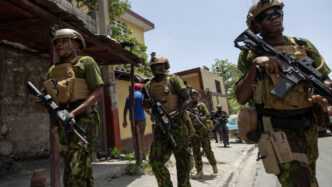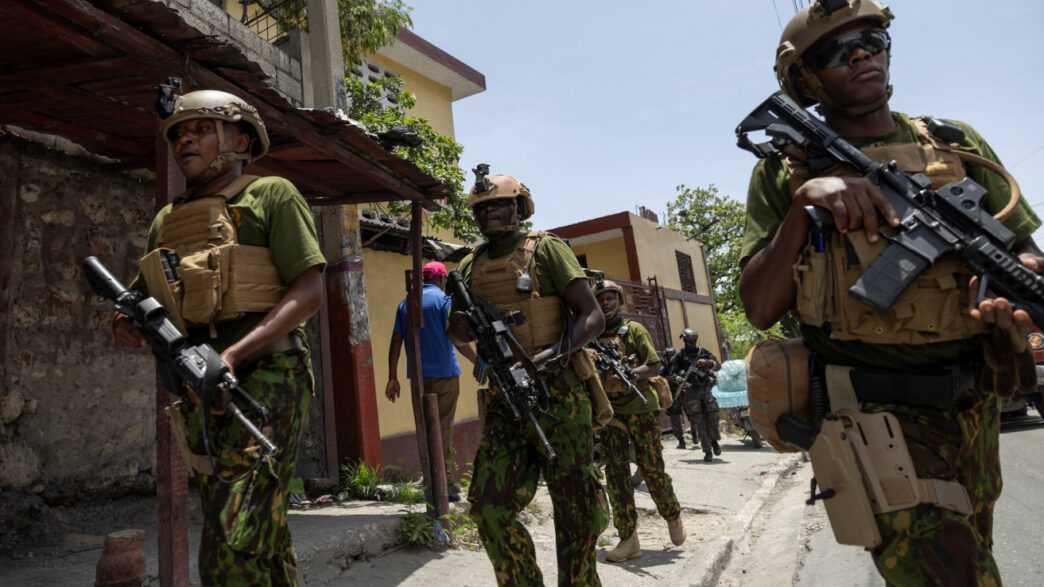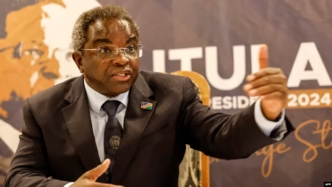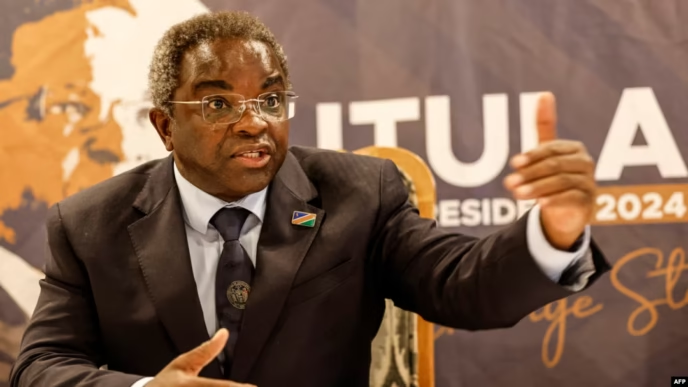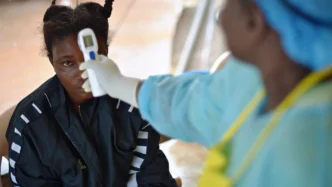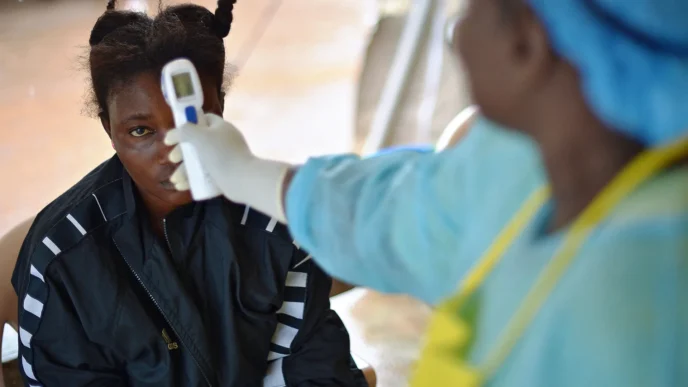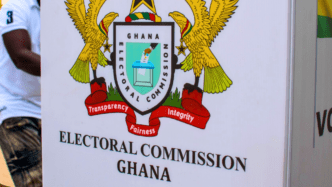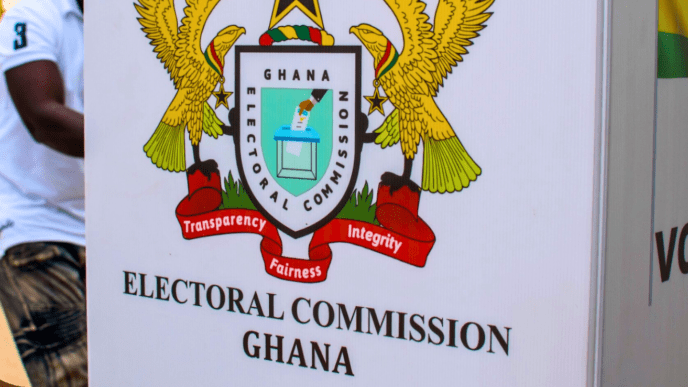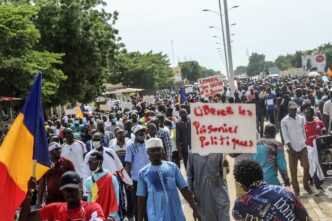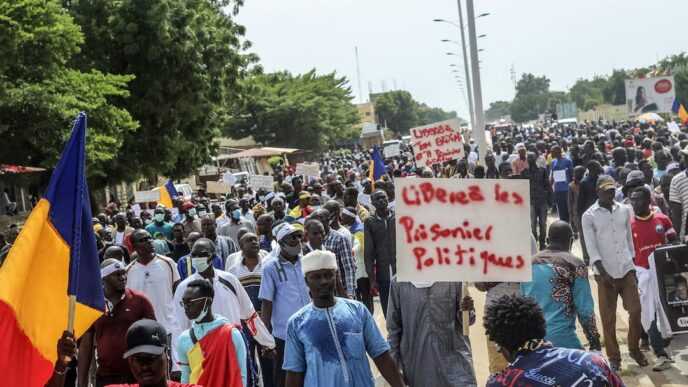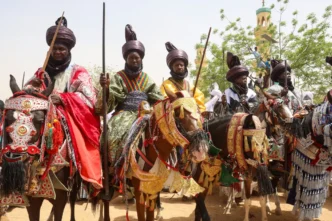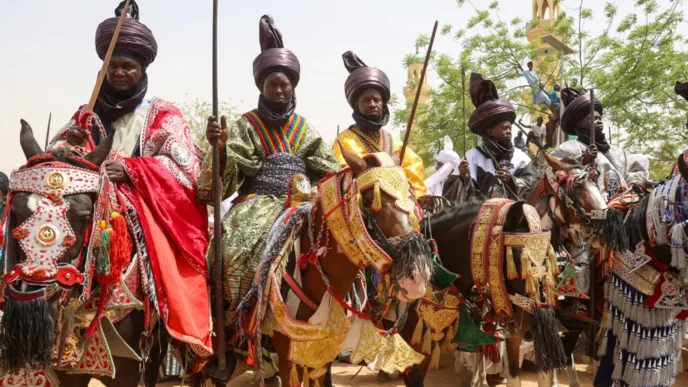Kenyan police, part of the United Nations-backed Multinational Security Support Mission (MSS), are intensifying efforts to combat escalating gang violence in Haiti.
The crisis in Port-au-Prince has reached a critical level, with 85% of the capital reportedly under gang control.
On Thursday, Kenyan officers clashed with the notorious Viv Ansanm gang, led by Jimmy Chérizier, also known as “Barbecue,” while attempting to secure a building in Delmas 2.
This area, dominated by gangs for over three years, has become a symbol of the Haitian gang violence crisis. Despite regaining control of the building in late November, the officers remain under constant threat from gang members entrenched nearby.
Kenyan Police Struggle Amid Haiti Gang Violence Crisis
Since their arrival in Haiti earlier this year, the 400-strong Kenyan contingent has faced significant challenges. Gangs have exploited political instability, including the abrupt dismissal of Haiti’s prime minister, to expand their operations.
Daily patrols in armored vehicles often come under fire, demonstrating the scale of the crisis.
The violence has had far-reaching effects. In mid-November, gunfire struck a commercial flight attendant, forcing the international airport to close for the second time this year.
Additionally, once-peaceful communities have become battlegrounds, with gunmen aiming to seize more territory.
Hope Persists Amid the Haiti Gang Violence Crisis
Despite the challenges, Kenyan-led MSS operations have brought some hope to affected communities. Joint patrols have disrupted gang activities, and MSS Commander Godfrey Otunge remains optimistic.
“The days of the gangs are numbered, and we will go after them day and night,” Otunge said, outlining plans for the second phase of operations before Christmas.
The United Nations reports that over 4,500 people have been killed in Haiti this year. In November alone, gang violence resulted in 150 deaths and displaced 20,000 residents.
While the crisis remains severe, international efforts offer a glimmer of hope for long-term stability in Haiti.
Read More:
